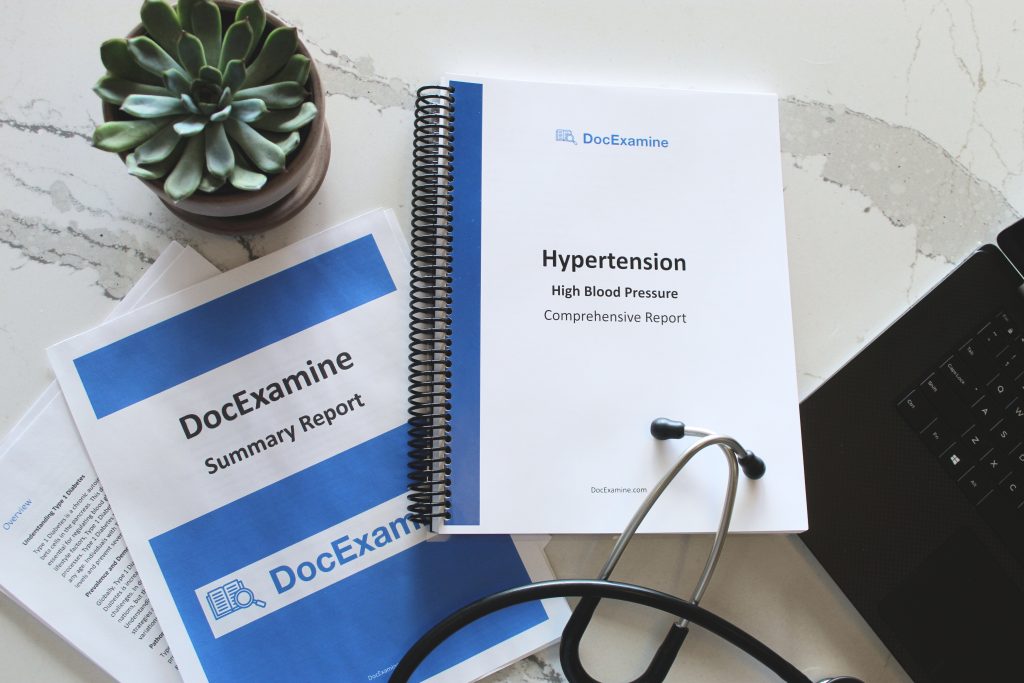A heart disease diagnosis—whether it’s coronary artery disease (CAD) or another form—can feel like a lot to take in. It’s normal to feel uncertain, and you may have many questions about what’s next. Asking your doctor the right questions is an essential step toward understanding your condition, exploring treatment options, and feeling more at ease as you move forward.

Here are 10 questions to consider asking at your next appointment:
1. “What type of heart disease do I have, and how serious is it?”
Not all heart conditions are the same, and it’s important to understand the specifics of your diagnosis. Ask your doctor to clearly explain the kind of heart disease you have—whether it’s coronary artery disease, arrhythmia, or another issue—and what that means for your long-term health.
2. “How does my lifestyle factor into my condition?”
Diet, exercise, stress, and sleep all play a role in heart health. Learning how these factors influence your condition will help you focus on changes that can make a meaningful difference.
3. “What treatment options are available, and which ones are right for me?”
From medications and lifestyle adjustments to surgeries or procedures like stents or bypass surgery, you deserve to know all the treatments on the table. Understanding the risks, benefits, and expected results of each option will guide you in making informed decisions.
4. “What should my short-term and long-term goals be?”
Setting realistic health targets can help you stay motivated and track your progress. Ask your doctor about blood pressure, cholesterol, and weight goals, as well as exercise and diet benchmarks that make sense for you.
5. “How often should I schedule follow-up appointments and tests?”
Regular check-ups, blood work, and diagnostic tests (like stress tests or echocardiograms) help monitor your condition over time. Knowing how frequently you should come in ensures you’re staying on top of your heart health.
6. “What side effects can I expect from my medications, and how can I manage them?”
If your doctor prescribes medications, it’s important to understand what they’re for, how long you’ll need them, and any potential side effects. This sets realistic expectations and gives you the tools to speak up if something feels off.
7. “Are there any warning signs or symptoms that should prompt me to seek immediate care?”
Whether it’s chest pain, shortness of breath, or unusual fatigue, learning the red flags helps you know when it’s time to call your doctor—or even head to the ER.
8. “Can I improve my heart health through diet and exercise, and what guidelines should I follow?”
Your doctor can provide specific recommendations for heart-healthy eating and safe, effective physical activities suited to your personal fitness level. Small, steady changes can yield significant improvements over time.
9. “What emotional support and resources are available?”
Heart disease can be emotionally challenging. Counseling, support groups, and online forums can provide comfort, encourage lifestyle changes, and help you feel less alone.
10. “How can I help prevent my condition from getting worse?”
From quitting smoking and managing stress to maintaining a heart-healthy lifestyle, prevention is key. Ask for advice on daily habits that will support a healthier heart and help slow disease progression.
Get Your Free Heart Disease Summary Report
We know how important it is to have reliable, clear information as you move forward on your heart health journey. That’s why we’re offering a free, medically reviewed ebook summary report on heart disease. Inside, you’ll find the most essential and up-to-date information, all in one convenient guide. Simply fill out the form below and select “Heart Disease” to receive your free ebook. We’re here to support you every step of the way, helping you make informed decisions and giving you the confidence you need.


